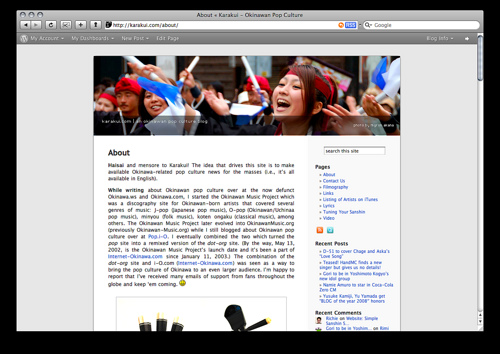We’ve all heard it before: “Slow and steady wins the race”. While this could be true in other situations, it’s a surefire way to fail when you have a website.
It’s no secret that faster websites earn more visitors overtime. With a limited patience of no more than two seconds, it’s only best to ensure you’re not digging a hole for yourself.
If you’re looking at improving your page load time, the first thing to do is identify the causes of a slow website. Here are some of them:
Unoptimized Images
Large images may sound promising but they bring a far greater problem when they are not optimized.
Full-sized images eat up a lot of bandwidth, which makes loading time a lot slower. Ensure you edit your images offline by resizing and scaling them properly so they don’t appear stretched or skewed.
Rich Content
Landing on one page that’s loaded with GIF’s, multiple images and embedded videos is a recipe for disaster. Such rich content will make it impossible for users to last even a second.
Clean each page of your site and see if there’s too much going on. Not only will this cut back the loading time, it will also improve the overall user experience.
Excessive Plugins
Plugins can either boost or sabotage your website, depending on how much you use in one go.
Determine which ones you use most often will help speed up your page. Remove those that you don’t really need because like images, they tend to eat up a ton of bandwidth.
Unnecessary Redirects
Each redirect entails an HTTP request response cycle. This means too many redirects can cause a deadly cycle that could leave your users with nothing but a blank page to stare at.
Certain redirects could lead to other redirects so ensure you’re only using the ones you really need. Furthermore, always use an HTTP redirect over a JavaScript as the former is a lot more efficient speed-wise.
Outdated CMS
An outdated content management system spells trouble, as it welcomes more bugs into your website and locks itself out from further improvements including loading time.
Keep an updated version so all your plugins and other software associated in your site works smoothly and quickly.
Slow websites can and will affect your business big time. So keep a keen eye on these factors and constantly assess your site’s performance for optimum results.




